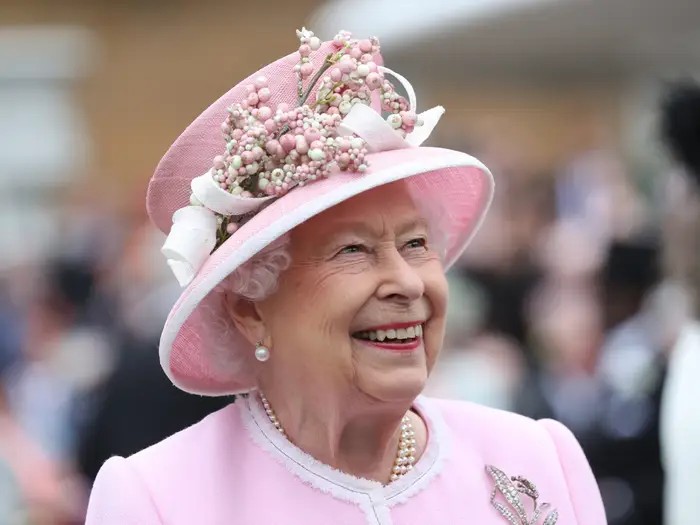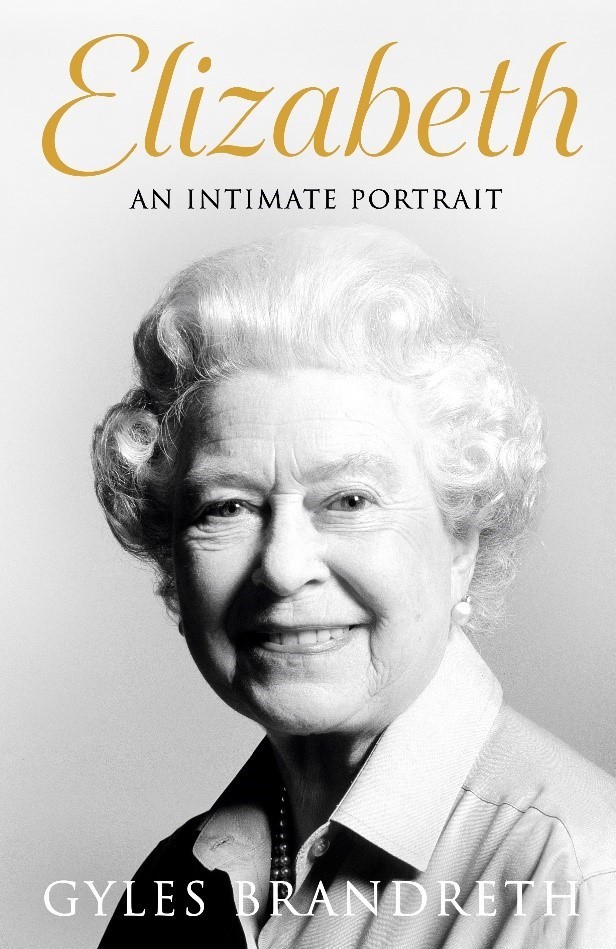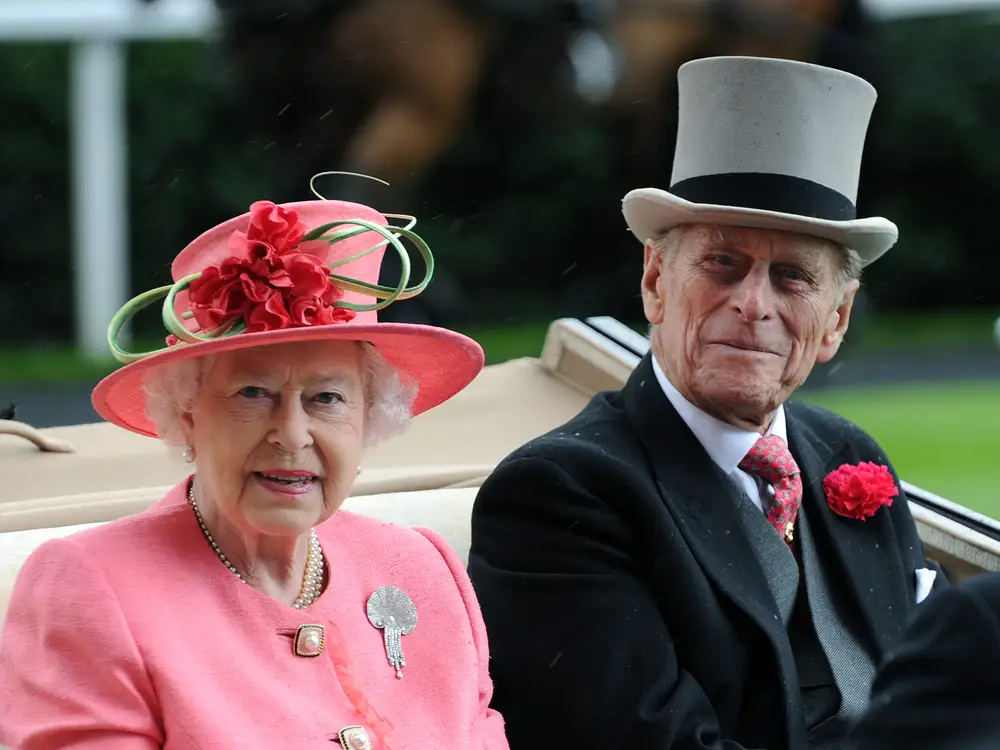Queen Elizabeth Fights Bone Marrow Cancer: Truth Revealed in New Biography
The British Royal Family is known for its long and illustrious history, and Queen Elizabeth II is no exception. As the reigning monarch of Britain for over six decades, many have wondered about Queen Elizabeth’s health and if she has ever had cancer. In this article, we will look at the evidence to see if there is any truth to the rumor that Queen Elizabeth had cancer. We will delve into the medical records and research and review her public statements on the matter.
Did Queen Elizabeth Have Cancer?

A new biography of Queen Elizabeth II reveals that the monarch was diagnosed with cancer of the bone marrow before her passing. The monarch passed away at Balmoral Castle, Aberdeenshire, on September 8, 2022, at 96, after a 70-year reign.
According to her death certificate, issued by the National Records of Scotland, the Queen died of “old age.” In Elizabeth: An Intimate Portrait, a new biography of the monarch by broadcaster Gyles Brandreth, a family friend of the Queen and the late Duke of Edinburgh says he heard she had “a kind of myeloma” – bone marrow cancer.
Read More: Does Mr. Beast suffer from Cancer? Explore the Truth Behind the Rumor!

The book, which Brandreth has been working on for years, details the Queen’s life before she accedes to the throne and her reign as the longest-reigning monarch in British history. Brandreth says that cancer would explain the Queen’s “fatigue, weight loss, and mobility concerns” in her final year or so.
On September 2, just days before her death, Buckingham Palace announced that the Queen would not attend the Braemar Gathering Highland Games due to ongoing “mobility issues.”
Read More: King Khalif Lawrence: Aidonia & Wife Kimberly Megan’s 9-Year-Old Son died of Cancer
About Queen Elizabeth II
Elizabeth II (Elizabeth Alexandra Mary; April 21, 1926 – September 8, 2022) reigned over the United Kingdom and other Commonwealth territories from February 6, 1952, until she died in 2022. She was the Queen regnant of 32 sovereign states throughout her lifetime and the head of state of 15 realms after her death. Her reign was the longest of any British monarch and the longest verified reign of any female monarch, lasting 70 years and 214 days.

Elizabeth was born in Mayfair, London, to the Duke and Duchess of York as their first child (later King George VI and Queen Elizabeth The Queen Mother). Her father ascended to the throne in 1936 following the abdication of his brother Edward VIII, making Princess Elizabeth, then ten years old, the heir apparent. She received a private education at home and began to assume public responsibilities during the Second World War when she joined the Auxiliary Territorial Service. She wed Philip Mountbatten, a former prince of Greece and Denmark, in November 1947, and their union lasted 73 years until he died in 2021. They welcomed Charles, Anne, Andrew, and Edward into the world.
Read More: Popstar Taylor Dayne Reveals Her Battle With Colon Cancer
Final Words
In conclusion, Queen Elizabeth’s death was a significant loss to the world. Her life was a testament to her generosity and commitment to public service. Queen Elizabeth will be remembered despite her passing as a leader who made an indelible mark on history. Although she faced many challenges in her lifetime, including bone marrow cancer, Queen Elizabeth achieved great success and inspired countless people worldwide.

